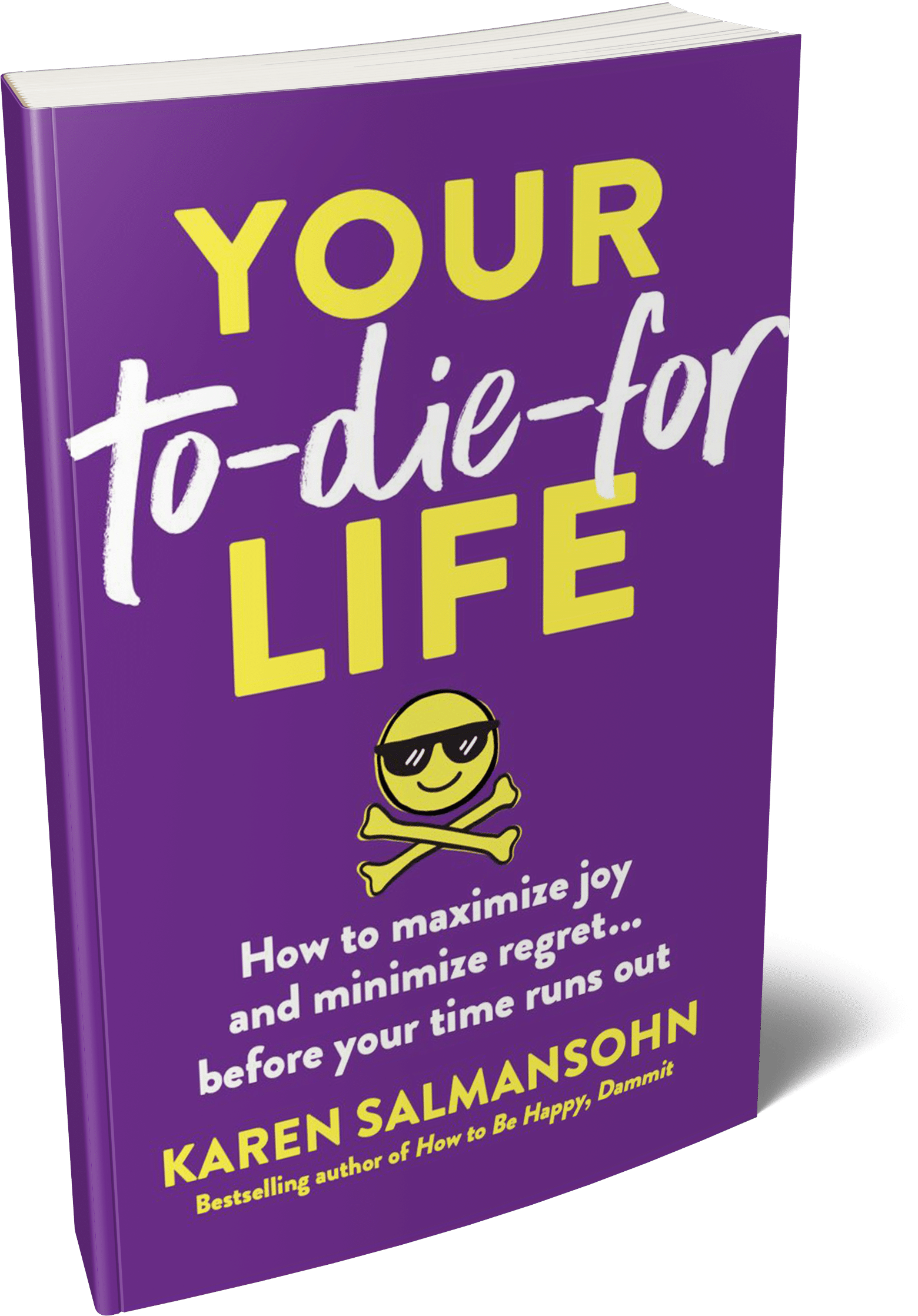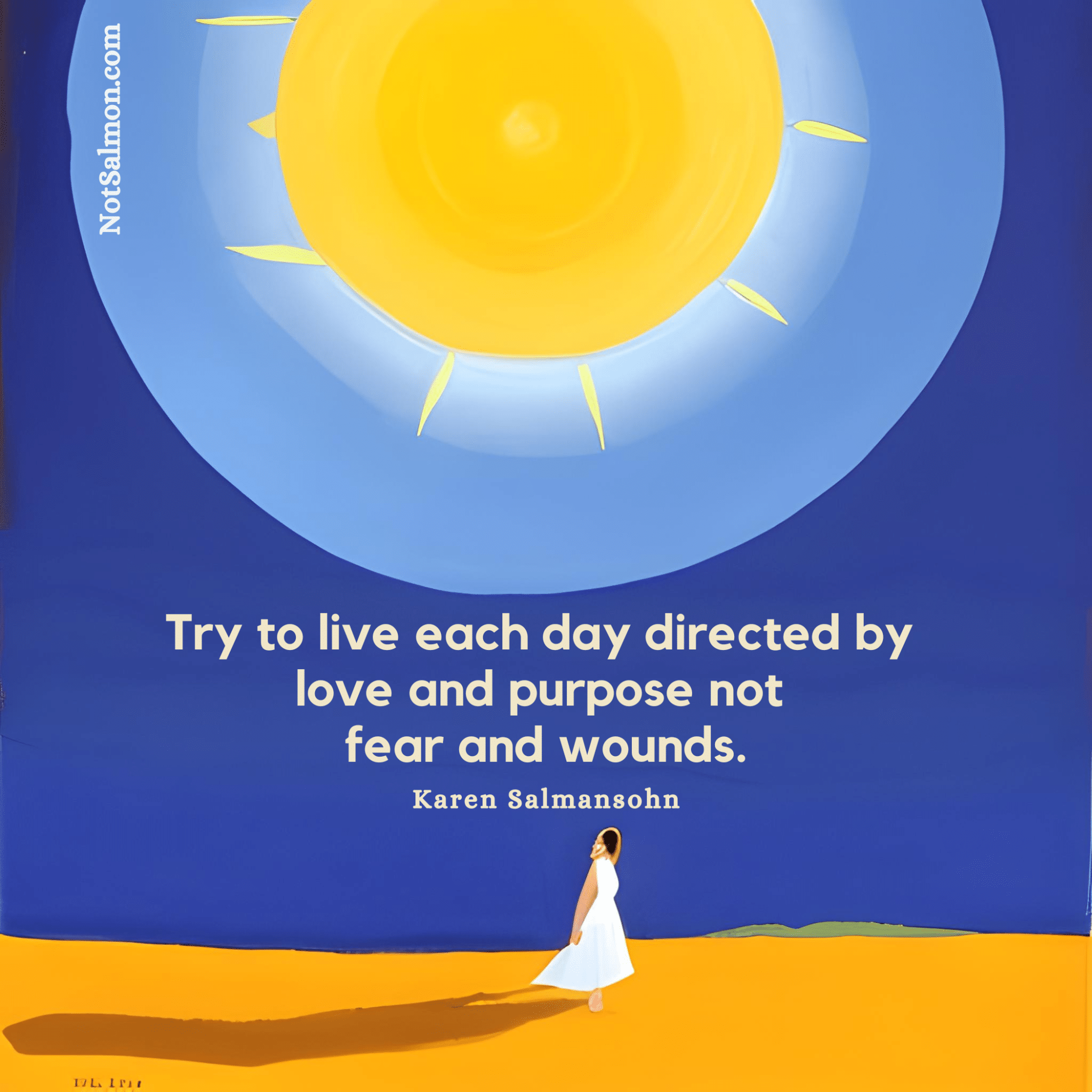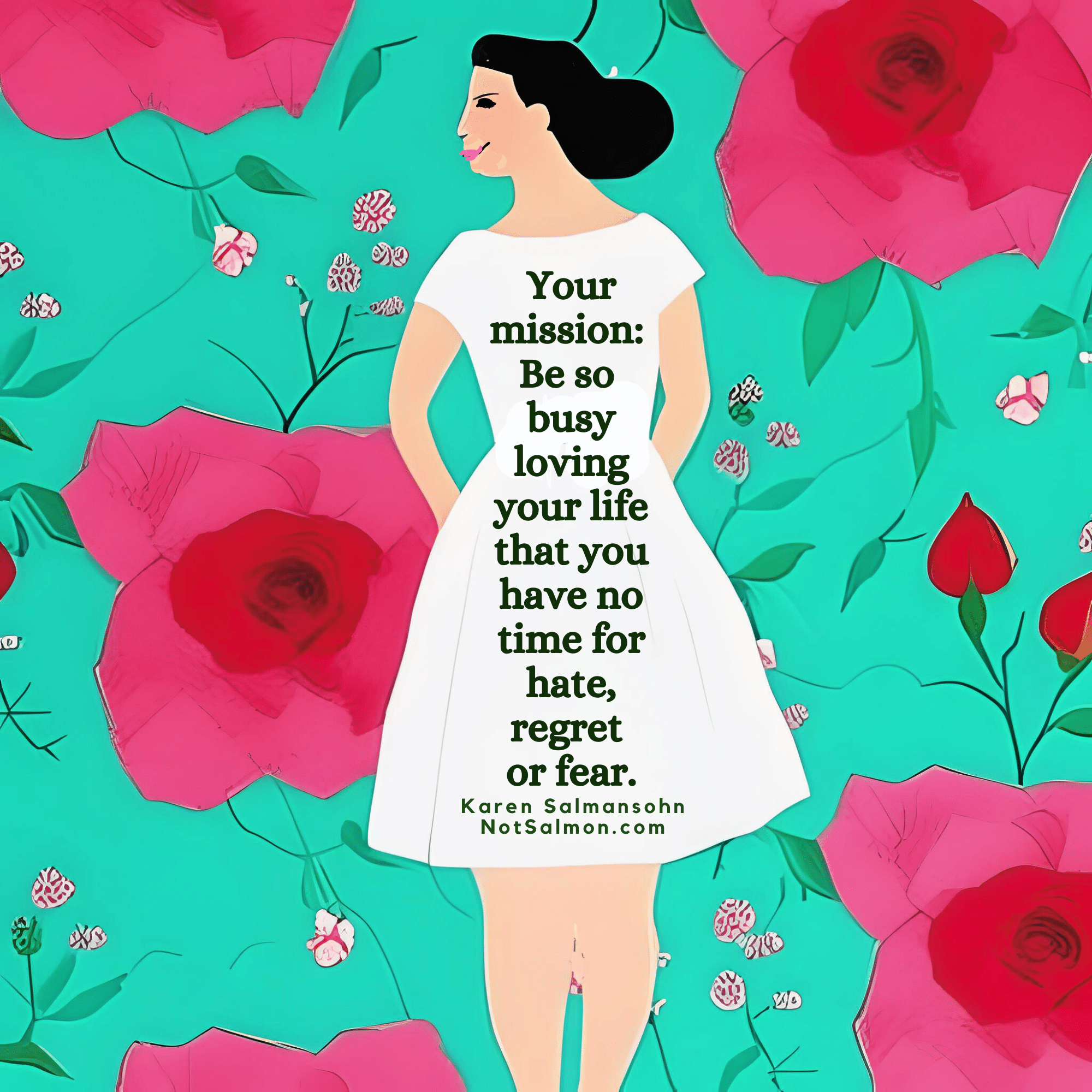
Get A Sneak Peek at my book “Your To-Die-For Life”!
Get a FREE sneak peek! Learn how to use Mortality Awareness as a wake up call to live more boldly.

Discover how to live with more meaning and purpose using insights from Vervaeke’s Meaning Crisis – so you enjoy more contentment.
Ever had those mornings where your alarm goes off and, for a moment, you’re unsure why you’re even getting up?
Or maybe you’ve found yourself sipping coffee, wondering if there’s more to life than just making money, daily routines, Netflix and social media?
If any of this sounds eerily familiar, know that you’re not alone. Many of us are grappling with these questions, seeking more meaning and purpose in our lives.
Enter John Vervaeke, a cognitive scientist and professor at the University of Toronto, has named this “collective discontent” as the “The Meaning Crisis.”
Vervaeke has books and a Youtube channel all about The Meaning Crisis. And his work isn’t just more self-help spiel. It’s an inspiring synthesis of philosophy, psychology, and cognitive science – which has been truly helping people to live with more meaning, purpose and contentment.
I’m writing about Vervaeke’s philosophies, because I’m a bestselling philosophical author who writes a lot about living with more purpose. And I personally love Vervaeke! So I decided to share – in simple words – what Vervaeke recommends – so as to help you to reclaim a life filled with meaning, purpose and passion.
 According to John Vervaeke, there’s an 800-pound gorilla lounging in our collective living room: the tangled web of our modern lives.
According to John Vervaeke, there’s an 800-pound gorilla lounging in our collective living room: the tangled web of our modern lives.
It’s ironic. Our modern world is touted as more connected, more advanced, and more “everything” than ever – yet far too many of us feel far less connected from ourselves and others.
We’re living in an age where our devices often know more about us than our best friends do. We’re “connected,” sure, but to what?
Algorithms might suggest your next binge-watch, but when it comes to filling that void of genuine, soul-deep connection, they fall woefully short.
And that’s the cruel irony: In a world so vast and connected, many of us have never felt lonelier.
Remember those Sundays when the whole community gathered, when shared beliefs tied us together, and the world felt a little smaller, a little cozier?
As the allure of such traditions wanes in our rapidly-changing world, many of us are left feeling adrift.
We’re like ships that have lost their anchors, bobbing aimlessly in an overwhelming sea of choices and change. As a result, the quest for meaning becomes even more urgent, even more desperate.
Let’s time travel a bit. There was a time when recognition wasn’t about social media likes or retweets. Being “seen” meant a neighbor’s warm smile, a friend’s hearty laugh at your jokes, or a family member’s tight embrace. But now? The hollow social media clicks of acknowledgment are leaving many of us craving those real, tangible emotional connections that once grounded us.
 Coming up next I’m going to share some of John Vervaeke’s main insights and strategies for how we can live with more meaning, purpose and contentment.
Coming up next I’m going to share some of John Vervaeke’s main insights and strategies for how we can live with more meaning, purpose and contentment.
Vervaeke suggests that we start doing “cognitive exercises” – that are sort of like mental gym sessions. Picture yoga, but instead of twisting your body, you’re flexing and nurturing your mind.
Now, among these cognitive exercises, two techniques stand out: Contemplation and Meditation. And no, they’re not the same thing. Let’s break them down.
Think of contemplation as active pondering. It’s the art of deeply considering or mulling over specific thoughts, ideas, or life’s big questions. It’s like letting your mind wander, but with purpose and direction.
Tips for Effective Contemplation:
Meditation, on the other hand, is about quieting the mind. It’s the practice of turning inward and seeking a state of deep peace, usually by focusing on the breath or a specific mantra, and letting go of rampant thoughts.
Tips for Effective Meditation:
Think all this sounds a bit woo-woo? Give it a shot. Begin with journaling and basic deep breathing exercises. What you’re feeling isn’t just a bunch of written words or a lungful of air. It’s the blossoming of greater self awareness, mindfulness and more meaning in your life.
 If you’ve ever lost track of time doing something you love, whether it’s painting, coding, playing an instrument, or even a hearty chat with a good friend, you’ve touched the edges of what is called “Flow.”
If you’ve ever lost track of time doing something you love, whether it’s painting, coding, playing an instrument, or even a hearty chat with a good friend, you’ve touched the edges of what is called “Flow.”
Basically, flow is that magical state where challenge and skill intersect, where you’re so engrossed in the task at hand that the world fades away.
But Flow isn’t just about getting lost in the moment. Vervaeke reminds us that Flow is also about self growth and finding meaning and purpose in your life.
Every time you enter this state, you’re pushing your boundaries, stretching your skills just a tad more, and becoming a slightly better (and more fulfilled) version of yourself.
Tips for Effective Flow:
When you enjoy more time spent in flow, you not only become more competent at a specific skillset, you feel a deeper sense of purpose and direction in whatever you’re doing.
 Human beings are inherently social creatures. We thrive when we are surrounded by like-minded individuals who uplift, support, and challenge us.
Human beings are inherently social creatures. We thrive when we are surrounded by like-minded individuals who uplift, support, and challenge us.
Vervaeke writes a lot about the importance of community in combating the meaning crisis. Engaging in meaningful interactions and nurturing deep relationships can pave the way for a richer, more purposeful life.
Tips for Enjoying More Community:
Remember, it’s not about the number of people you surround yourself with, but the quality of the connections you foster. A few deep, meaningful relationships can be far more rewarding than numerous superficial ones.
I hope this article has inspired you to start to explore living with more meaning and purpose in your life.
For example…
Remember: When you embrace those tiny, deliberate choices you will realign yourself with what truly matters in your life. With every genuine connection, every mindful moment, you will inch closer to enjoying a life filled with more meaning, purpose and contentment.
If you’ve resonated with this article and seek more depth and direction, consider bringing me in as your Mindset Coach. I have helped many thousands of people around the world to master their mindsets. Sign up for a free exploratory call here.
Plus, for those grappling with anxiety in these uncertain times, I offer a range of practical, actionable strategies to regain peace and confidence. Explore my “Anxiety Cure Course” – here now.
P.S. Before you zip off to your next Internet pit stop, check out these 2 game changers below - that could dramatically upscale your life.
1. Check Out My Book On Enjoying A Well-Lived Life: It’s called "Your To Die For Life: How to Maximize Joy and Minimize Regret Before Your Time Runs Out." Think of it as your life’s manual to cranking up the volume on joy, meaning, and connection. Learn more here.
2. Life Review Therapy - What if you could get a clear picture of where you are versus where you want to be, and find out exactly why you’re not there yet? That’s what Life Review Therapy is all about.. If you’re serious about transforming your life, let’s talk. Learn more HERE.
Think about subscribing for free weekly tools here.
No SPAM, ever! Read the Privacy Policy for more information.